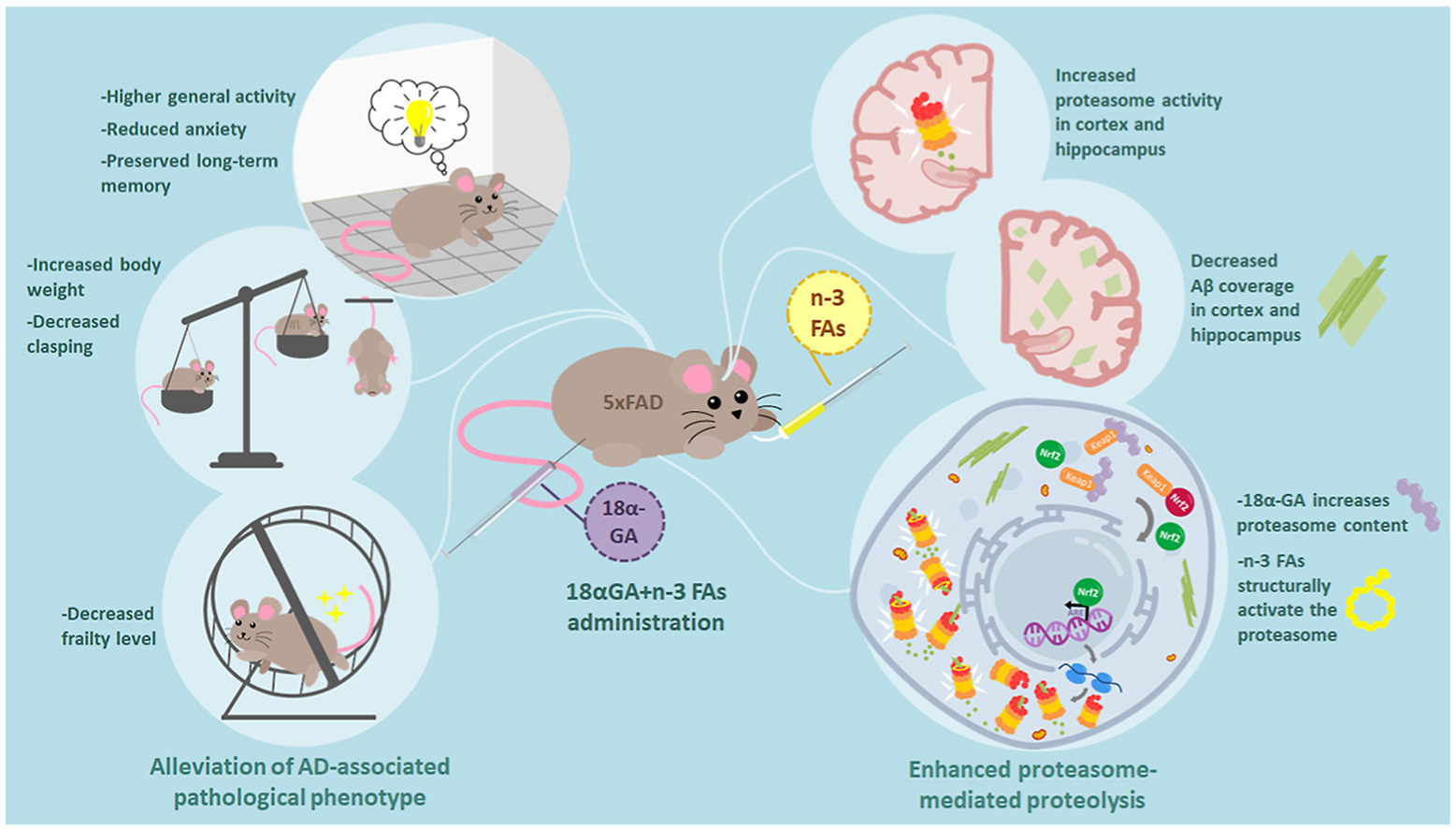Water Resources and Economics, Volume 33, January 2021
The Lancet Psychiatry, Volume 8, January 2021
Digital Geography and Society, Volume 2, January 2021
These are uncertain times in the Anthropocene, where the health and resilience of all urban inhabitants should be key themes for cities striving for sustainability. To this end, local councils in Australia are applying digital technologies with increasing complexity as components of their urban forest management. This paper applies a more-than-human lens to analyse Australian local council urban forest policies, documents and project information for their inclusion and application of digital technologies.
Free Radical Biology and Medicine, Volume 162, January 2021
The Lancet Respiratory Medicine, Volume 9, 2021



